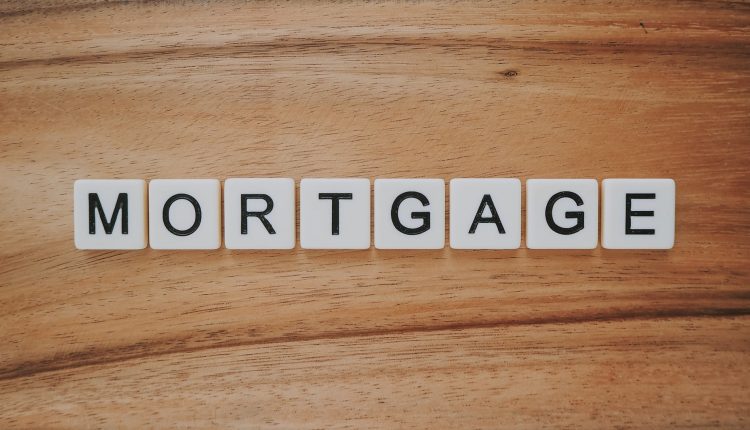Some people wonder what the difference between a mortgage and a loan really is, and others aren’t even sure they are different things, to begin with! If you want to learn the difference between a mortgage and a loan, you can look at it this way: A mortgage is like an interest-free loan to your bank, while a loan is an interest-bearing loan that you take out from them or another lender! Got it? Good. Keep reading to find out more about how mortgages and loans work!
Definition of the Mortgage and Loan
The two are very different. The simplest explanation of a mortgage is that it allows you to purchase real estate without making any payments on it until you sell or refinance your home. The money you borrow will usually be applied to your closing costs and down payment while also allowing you to become a homeowner.
As far as loans go, they’re essentially an agreement in which one party (the lender) gives another party (the borrower) money, with expectations that they will pay back an agreed-upon amount by a certain date. Most people use loans for things like buying cars or starting businesses. Interest rates vary depending on several factors, including your credit score, collateral for repayment, length of time before you need to repay, etc…
Reasons for Taking Out a Mortgage
For taking a mortgage, there are many reasons. To purchase your own home, you’ll need to take out a home equity loan or mortgage to purchase it. This involves borrowing funds from lenders to finance your transaction. The proceeds from an owner-occupied residence can also be used as collateral for various personal loans and lines of credit, such as auto loans, business loans, student loans, etc. Many people also use their homes as collateral when applying for non-owner-occupied mortgages.
These types of mortgages are typically short-term and have lower interest rates than other types of loans. It’s important to remember that even if you don’t plan on selling your house anytime soon, there are still times when getting a mortgage makes sense. For example, if you want to get rid of high-interest rate debt such as credit cards or pay off some bills faster than normal by making extra payments each month (which will save you money on interest over time), then getting a mortgage would make sense since you could use those extra payments towards paying off that new loan instead. A good rule of thumb is: If it makes financial sense for you to do so, then go ahead and get one!
Types of Mortgages
There are several different types of mortgages on the market, so it’s essential to know your options. Mortgages fall into two categories: fixed-rate and adjustable-rate mortgages (ARMs). It’s important to know that each type of loan has its own unique costs, benefits, risks, and features. Fixed-Rate Mortgages: A fixed-rate mortgage has a set interest rate for a predetermined number of years. The most common term length is 30 years, with lower monthly payments due to less interest being paid over time.
Amortization Schedule
For real estate investors, one of their most powerful financial tools is an amortization schedule. An amortization schedule will allow you to track your progress toward paying off your loan. All you need to know are how much money you put into your investment, when it was invested, how much interest you paid on that investment, and how much more money you need to pay in order to pay off your total obligation. The great thing about having an amortization schedule for your real estate investments (or any other type of debt) is that it gives you a visual representation of where you stand financially at any given time.
Home Equity Line of Credit
In a traditional home equity line of credit, you’re granted access to up to 80% of your home’s current market value as an advance on your credit line. Then, you can use that borrowed money for whatever purpose (paying off debt, investing, etc.) as long as you make payments against that money. As long as you pay at least what’s owed every month, there are no pre-payment penalties. If you stop paying or fail to pay at least what’s owed by more than three months’ worth of payments in one year, however, then most lenders will treat it like any other unsecured debt: They’ll add in finance charges that go above 20% APR and start charging penalties.
Advantages and Disadvantages
While both loans and mortgages are used to purchase property, there are several key differences that make them unique. When it comes to purchasing real estate, you’ll want to know about all of your options before making your decision. To help guide you in making an informed decision, we’ve outlined some of the basic details that set loans and mortgages apart. Here’s what you need to know
Conclusion
A mortgage is an interest-based financial product used to purchase or refinance real estate; loans are interest-based financial products that can be used for almost anything. To determine which one of these will work best for you, there are certain things you should look out for in each. If your budget doesn’t cover a significant down payment, you might want to consider a home equity line of credit, providing funds over time without forcing you to relinquish your home if things don’t go as planned. For personal loans, it’s important to understand how much and how often you’ll need access to cash before committing—you may find yourself better off with installment payments than getting lump sums of money at specific intervals.


